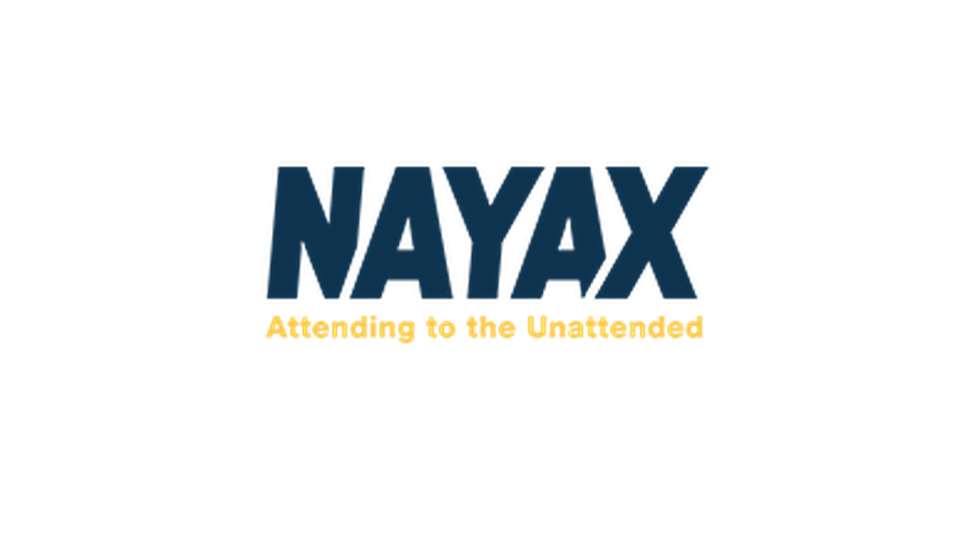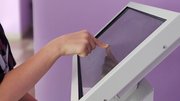Payments
Nayax posts 26% revenue gain, doubles loss for Q1 2021

May 27, 2021
Nayax, an Israel-based provider of cashless solutions for the unattended retail industry, boosted revenue 26% from $18.1 million in Q1 2020 to $22.8 million for the quarter ending March 31, 2021, mostly derived from an increase in units sold by the company and from an increase in revenues for its services, according to its firsts earnings report as a publicly traded company.
The company became publicly traded this month, having raised approximately $130 million in an initial public offering.
"Our recent public offering of 44 million ordinary shares successfully generated approximately $130 million," Yair Nechmad, CEO and chairman, said in the press release. "These funds will fuel our growth strategy through sales and marketing initiatives aimed at supporting customers' cashless payment options in the post pandemic environment."
The company's operating loss rose from $1.1 million in Q1 2020 to $2.2 million in Q1 2021.
The economic slowdown caused by the pandemic delivered mixed results, according to the earnings report.
On one hand, the global economic slowdown had a negative effect on the number of consumer transactions performed with the company's customers at attended and unattended points of sale.
Nevertheless, the number of unattended points of sale increased following the pandemic's outbreak. Consumers preferred cashless payment methods in order to limit interactions with other people and surfaces.
The total number of connections for the quarter reached 402,000 as the company connected 21,000 new devices in Q1, which is equal to 50% of the entire growth of connected and managed devices in all of 2020.
Total transaction value rose by 13%, despite the impact of COVID-19, driven by rising demand for unattended service.
The company is examining its growth through three key metrics: The number of connected points of sale that the company provides services to, the number of transactions executed at the points of sale, and the financial value of the transactions executed at the points of sale.
As markets accelerate their exit from COVID-19 related restrictions, the company expects that unattended retail will experience increased adoption.
For an update on how the coronavirus pandemic has affected convenience services, click here.
 ChatGPT
ChatGPT Grok
Grok Perplexity
Perplexity Claude
Claude









